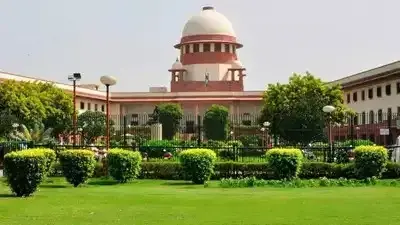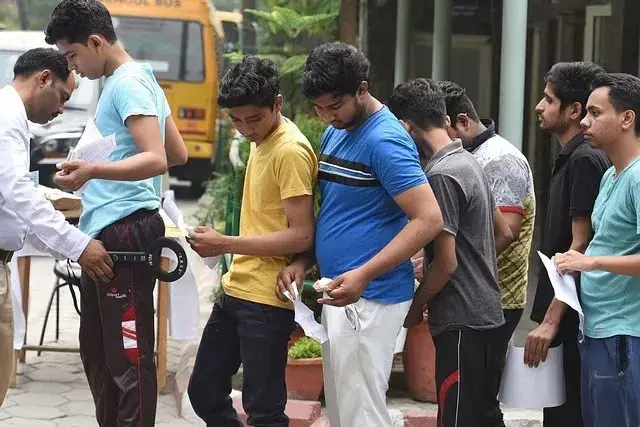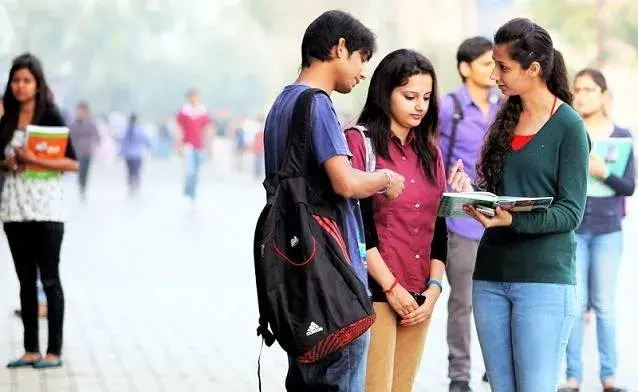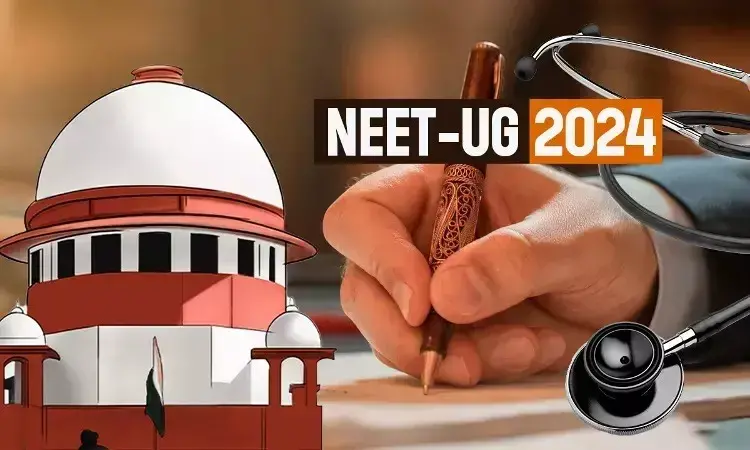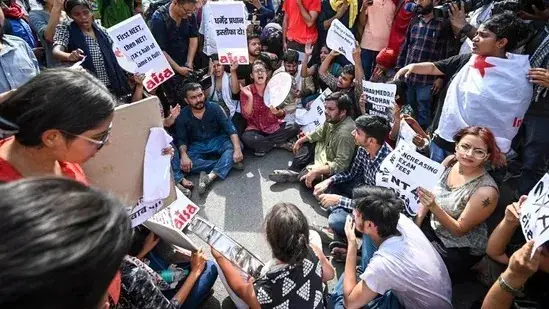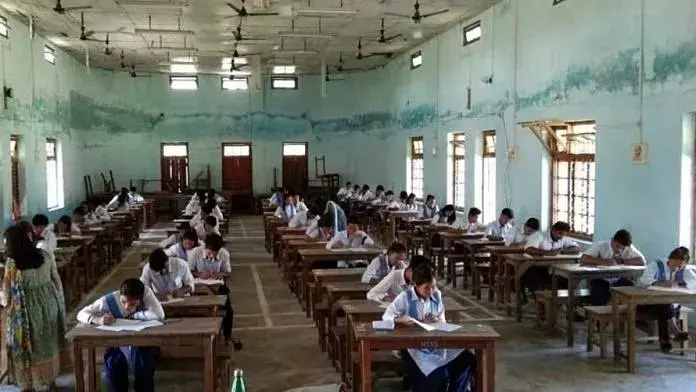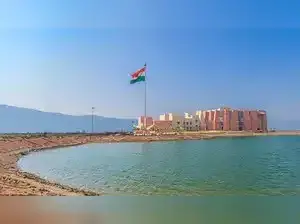Subodh Kumar Singh, the chief of the National Testing Agency (NTA), was removed from his position on Saturday night following allegations of irregularities in the NEET-UG and UGC-NET exams. Singh has been placed on compulsory wait in the Department of Personnel and Training, while retired 1985 batch officer Pradeep Singh Karola has been appointed as the interim chief until a permanent replacement is named. Over the past two months, the NTA has faced scrutiny over alleged paper leaks and irregularities in two of India’s major competitive examinations. Subodh Kumar Singh, who has maintained a low profile throughout his career, found himself at the center of this controversy. A native of Uttar Pradesh, Singh holds a Bachelor’s and Master’s degree in engineering from the Indian Institute of Technology Roorkee and an MBA from the Indira Gandhi National Open University (IGNOU), New Delhi. Before his appointment as NTA chief in June 2023, Singh served as the additional secretary in the Department of Food and Public Distribution under the Union Ministry of Consumer Affairs, Food and Public Distribution. Singh’s career includes nine years at the Chhattisgarh Secretariat from 2009 to 2018, where he worked under the state’s three-time BJP Chief Minister Raman Singh. He held various positions, including joint secretary, deputy secretary in personnel and general administration, special secretary, and director for personnel management. He also served as the secretary to the Chief Minister, managing director of the state’s electricity distribution department, and secretary of the mineral resources and industries and commerce department. During his tenure in Chhattisgarh, Singh was credited with significant achievements such as digitizing the Chief Minister’s Office (CMO), transforming the state’s mineral sector, and improving road connectivity in Naxal-affected areas. He also played a key role in developing airports in Jagdalpur, Bilaspur, and Ambikapur, and expanding the state’s rail network. Despite being perceived as close to former Chief Minister Raman Singh, Singh was appreciated by leaders across political lines for his work. His tenure remained free from major controversies, even amidst corruption allegations against Raman Singh’s government. In recognition of his contributions, Singh received a national award in 2002 from the Ministry of Rural Development for excellence in implementing the Mahatma Gandhi National Rural Employment Guarantee Act. In 2019, he received another national award for digital transformation and transparency in mineral auctioning. Colleagues describe Singh as an “honest and straightforward” officer. A retired colleague from the CMO referred to him as “a gem of an officer and an asset to the government,” calling for a thorough inquiry into the current allegations against him.

